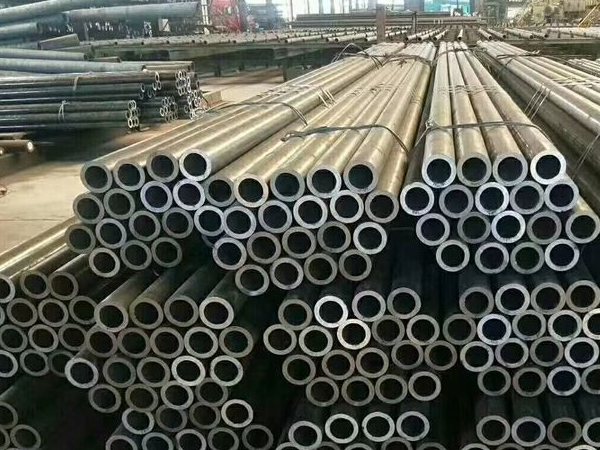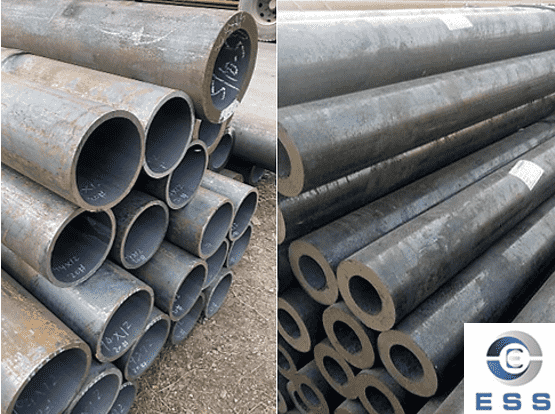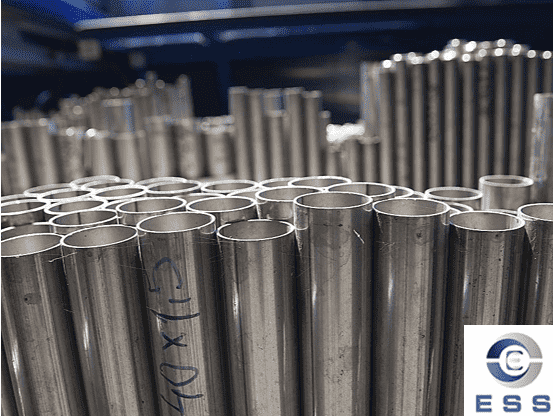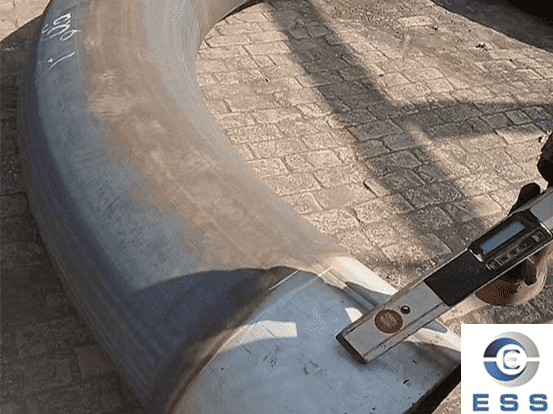Seamless steel pipe is composed of various elements in steel. These elements are combined in different proportions to form different mechanical properties of seamless steel pipes. The amount of any element will directly affect the mechanical properties of seamless steel pipes. So what role do these elements play in the composition of steel? Let's take a look at the elements that affect the performance of seamless steel pipes:

Carbon (C)
When the carbon content increases, the yield point and tensile strength increase, but the plasticity and impact properties decrease. Too high carbon content will easily lead to unqualified intergranular corrosion. The boundary between steel and iron is controlled by the carbon content: <2.11% is steel.
Silicon (Si)
Silicon is a deoxidizer and desulfurizer with high strength and hardness, which can improve the hot workability of steel.
Chromium (Cr)
Chromium significantly increases the strength, hardness and wear resistance of steel, but at the same time reduces ductility and toughness.
Nickel (Ni)
Nickel can improve the strength of steel, but also can maintain good plasticity and toughness of steel.
Molybdenum (Mo)
The addition of molybdenum to steel can improve the mechanical properties of steel.
Titanium (Ti)
Titanium is a deoxidizer in steel. Reduces pragmatic sensitivity and cold brittleness. Adding a certain amount of titanium to steel has the ability to resist intergranular corrosion.
Phosphorus (P)
Phosphorus is a harmful element in steel, which increases the cold brittleness of the steel, makes the welding performance worse, reduces the plasticity, and makes the cold bending performance worse. Generally, the lower the phosphorus content in steel is, the better.
Sulfur (S)
Sulfur is a harmful element in steel, which makes the steel hot brittle, reduces the ductility and toughness of the steel, easily causes cracks during forging, and also reduces the corrosion resistance of the steel. Therefore, the content of sulfur must be kept as low as possible.
Nitrogen (N)
Nitrogen increases the strength, low temperature toughness and weldability of steel. Increase pragmatic sensitivity. An appropriate amount of nitrogen can improve the pitting corrosion resistance and strength of stainless steel.













 Eastern Steel Manufacturing Co.,Ltd not only improve product production and sales services, but also provide additional value-added services. As long as you need, we can complete your specific needs together.
Eastern Steel Manufacturing Co.,Ltd not only improve product production and sales services, but also provide additional value-added services. As long as you need, we can complete your specific needs together.










